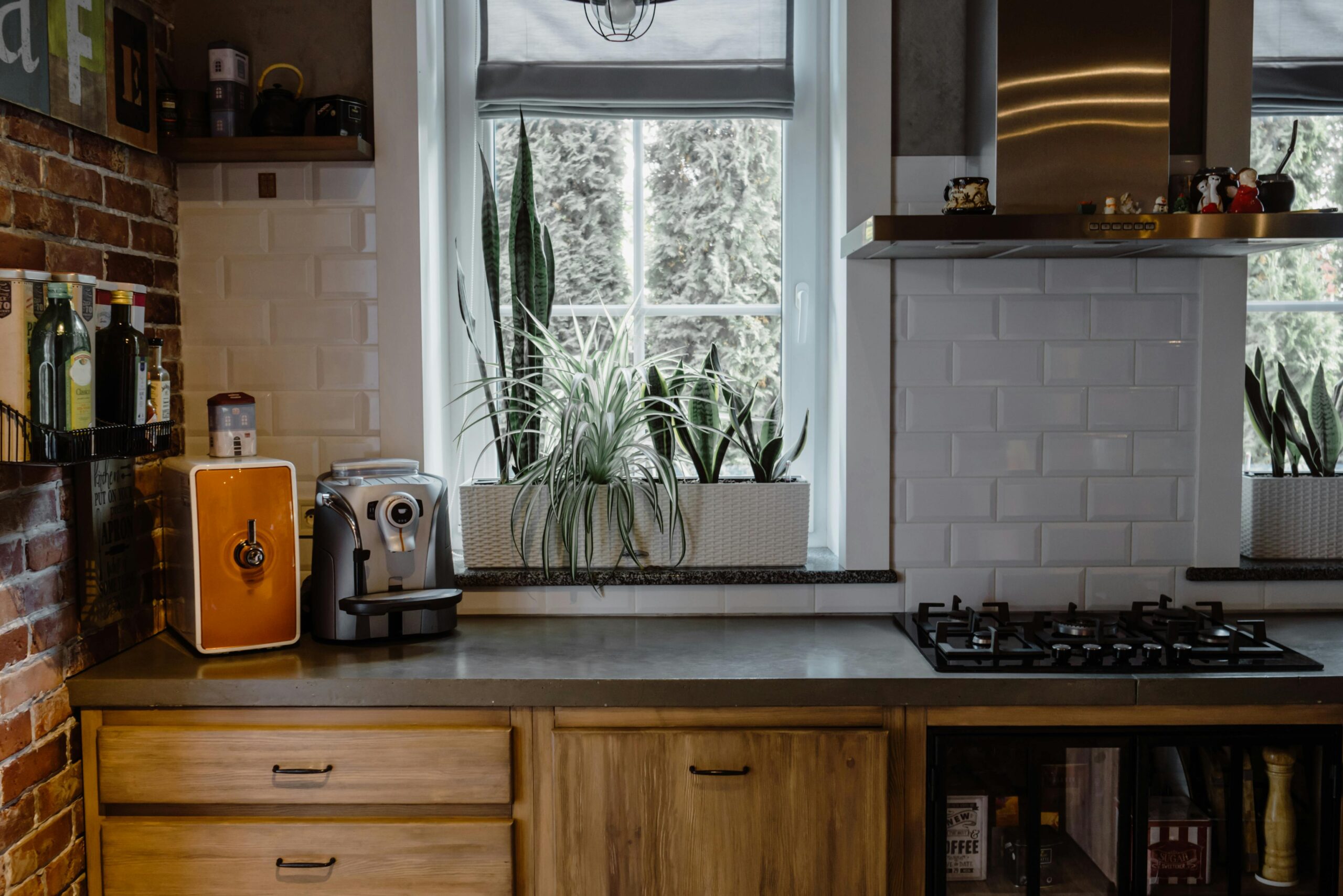Introduction: The Hidden Clutter You Don’t See
We all know the satisfying feeling of a freshly cleaned room—floors swept, drawers organized, and surfaces sparkling. But what if the real clutter in our lives isn’t in our closets or kitchen counters?
In today’s hyper-connected, always-busy culture, clutter has crept beyond our physical spaces and into our schedules, relationships, digital lives, and even minds. It’s no longer just about too much stuff—it’s about too many commitments, distractions, and mental noise. According to a study by the UCLA Center on Everyday Lives of Families, people living in cluttered environments tend to experience elevated cortisol levels—but emotional and digital clutter can have the same effect.
Decluttering your space is a good start, but it’s just one piece of the puzzle. If you’re feeling overwhelmed, unproductive, or stuck in life, the real solution might be to declutter your life.
In this article, we’ll explore how to identify and clear the non-physical clutter that weighs you down. From digital overload to toxic commitments, we’ll walk through practical strategies to simplify your world and reclaim your peace of mind—one mindful edit at a time.
1. Declutter Your Schedule: Stop Saying Yes to Everything
The calendar is the modern-day junk drawer—overflowing with meetings, errands, social obligations, and “shoulds.” Many of us are busy, not by design, but by default.
Start with a time audit: Look at your weekly schedule and ask, What actually energizes me? If something feels draining or unnecessary, consider cutting it out or reducing its frequency.
Next, practice intentional scheduling. Before you say yes to a new commitment, pause and ask:
– Does this align with my values or goals?
– Am I doing this out of guilt or genuine desire?
Author Greg McKeown, in his book Essentialism, emphasizes the power of “the disciplined pursuit of less.” He notes that if you don’t prioritize your life, someone else will.
Remember, white space on your calendar isn’t wasted—it’s room to breathe.
2. Digital Decluttering: Curate Your Online Environment
How many unread emails or open browser tabs do you have right now? Digital clutter, though invisible, weighs heavily on our attention.
Start with notifications—the constant dings and pings fracture focus and elevate stress. Turn off non-essential alerts and check emails or messages on your own terms.
Then, declutter your digital spaces:
Inbox: Unsubscribe from newsletters you never read.
Social media: Unfollow accounts that spark comparison or negativity.
Cloud storage/Desktop: Organize files into folders and delete what you don’t need.
A 2022 Microsoft study found that digital distractions can reduce focus and cognitive performance by up to 40%. Cleaning up your digital environment isn’t just about tidiness—it’s about mental clarity.
Try setting aside one “tech detox” evening a week. No screens, no scrolling—just stillness. You’ll be amazed how much lighter your mind feels.
3. Emotional Clutter: Let Go of Draining Relationships
Not all clutter lives in your house—some of it lives in your heart. Emotional clutter often shows up as one-sided relationships, unresolved resentments, or social connections that drain rather than nourish. Start by identifying who in your life adds stress instead of support.
Ask yourself:
– Do I feel energized or depleted after spending time with this person?
– Is this relationship reciprocal, or am I the only one giving?
You don’t always need a dramatic exit. Sometimes, it’s enough to set new boundaries or reduce time spent with people who don’t align with your growth.
Therapist and author Nedra Glover Tawwab writes, “Boundaries are the distance at which I can love you and me simultaneously.” Decluttering your emotional life isn’t rejection—it’s self-respect.
4. Mental Clutter: Clear the Mind, Create Mental Space
You might not see it, but your mind can be the messiest room of all. Mental clutter looks like looping thoughts, anxiety over unfinished tasks, or trying to hold everything in your head. If your brain feels like an overloaded browser with too many tabs open, it’s time to unload.
Start a brain dump—write down every to-do, worry, or random idea on paper. Don’t filter, just transfer it out of your mind. This simple act can be remarkably calming.
Then, try practices that quiet your internal noise:
– Daily journaling
– Guided meditation apps
– Mindful walks with no phone
Even 10 minutes of stillness a day can significantly reduce mental load. As the saying goes, “You can’t organize your thoughts if you never stop to think them.”
Decluttering your mind creates space for better ideas, deeper presence, and a calmer nervous system.
5. Financial & Goal Clutter: Simplify Your Focus
Goals and money are often hidden clutter culprits. We set too many targets, chase too many metrics, and overspend trying to “keep up.” Financial clutter shows up as unused subscriptions, impulse purchases, or vague spending habits. Audit your accounts and unsubscribe from what doesn’t serve you.
As for goals, focus on the “critical few”—the 2-3 priorities that will actually move the needle. Use tools like habit trackers or quarterly reviews to stay aligned. When you simplify your goals and spending, you eliminate background stress and create more intentional direction.
As Warren Buffett once said, “The difference between successful people and very successful people is that very successful people say no to almost everything.”
Conclusion: Subtract to Add Meaning
Decluttering isn’t just about getting rid of stuff—it’s about making room for what matters most. When you start removing the invisible clutter—overbooked calendars, mental noise, toxic ties, and digital overload—you begin to see your life with fresh eyes. It becomes easier to focus, breathe, and live in alignment with your values.
Remember, clarity doesn’t come from adding more. It comes from letting go. So as you clean out that junk drawer or finally tackle that messy closet, ask yourself: What else am I holding on to that no longer serves me?
Your life doesn’t need to be full to be meaningful. Sometimes, the space you create becomes the most valuable thing of all.



